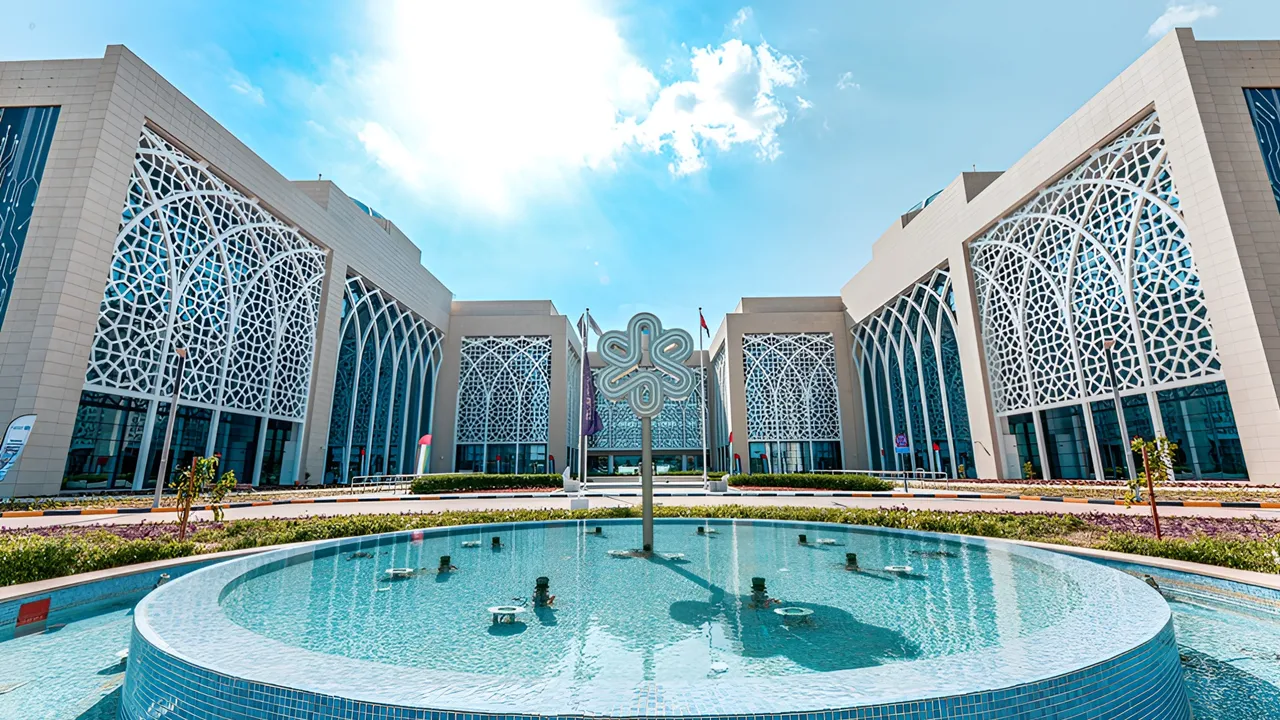While artificial intelligence is widely recognized for enhancing customer-facing retail experiences through personalization and optimized workflows, its most profound impact may be happening behind the scenes. As global e-commerce sales surge towards an estimated $3.52 trillion this year, the underlying software infrastructure of retail is under immense pressure. For many, this foundation is fragile, built on brittle code and outdated processes that hinder growth and innovation.
The Hidden Cost of Outdated Code
Many retailers are weighed down by legacy systems and inefficient development cycles that cannot keep pace with market demands. This technical debt has a direct and immediate impact on business operations. Sluggish online checkouts, delays in stock updates, or point-of-sale outages translate directly into frustrated customers and lost revenue. In today’s competitive landscape, projects that once took 18 months are now expected in three to six. Retailers face the challenge of delivering new features and stabilizing old systems at high speed without compromising reliability or incurring additional costs, a balancing act their current systems make nearly impossible.
AI as a Development Co-Pilot
The narrative is changing as AI enters the software development lifecycle. These advanced tools are not replacing development teams but rather augmenting their capabilities to build stronger code foundations. AI-powered chatbots can distill hours of meetings into structured requirement documents, while other tools can generate architecture diagrams and build estimations in days instead of weeks. Furthermore, automated code reviewing tools can inspect every line of code, flagging potential risks and suggesting fixes, ensuring quality and consistency without tiring. This human-machine collaboration removes friction, reduces repetitive tasks, and allows teams to focus on delivering value.
Relevance for the MENA Retail Landscape
For the rapidly digitizing MENA region, this technological shift is particularly critical. With initiatives like Saudi Vision 2030 and the UAE’s digital economy strategy accelerating e-commerce adoption, regional retailers face intense competition. The ability to innovate and adapt swiftly is paramount. Adopting AI in the development process allows MENA retailers to move beyond merely using technology to actively building resilient, scalable, and adaptive systems. Those who leverage AI to strengthen their core technical infrastructure will be better positioned to launch new features, scale operations across the region, and ultimately win customer loyalty in a crowded market. The decision for regional leaders is whether to embrace this future now or be forced to catch up later.
About AI in Retail
Artificial Intelligence (AI) in retail refers to the implementation of advanced technologies to manage and improve various aspects of the retail process. This includes enhancing customer experiences through personalized recommendations and chatbots, optimizing supply chains with predictive analytics for inventory management, and streamlining backend operations like software development and system maintenance. The goal is to increase efficiency, reduce costs, and create more resilient and responsive retail ecosystems.
Source: Zawya













